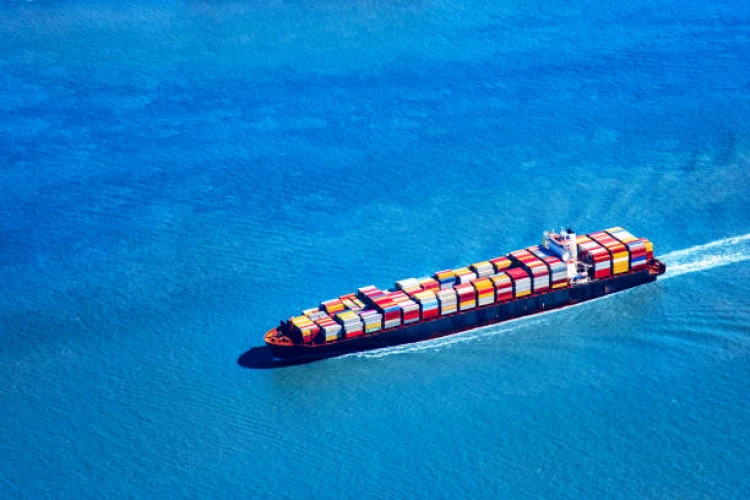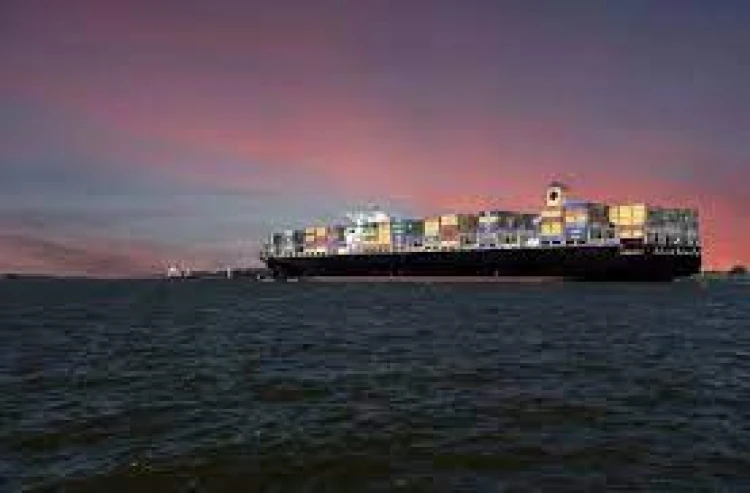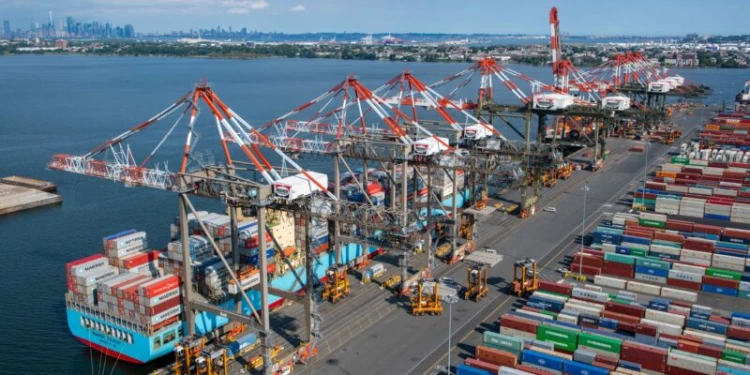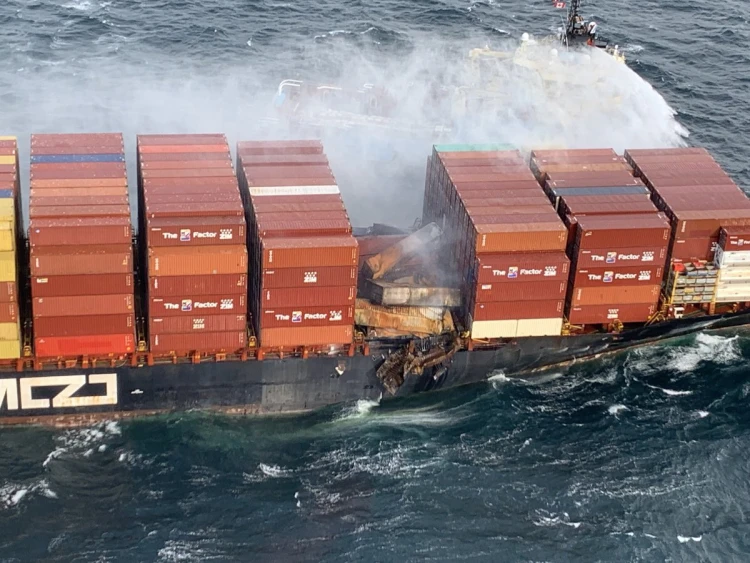Maersk sets new bar with shipping’s first climate target validation
Wednesday, 04 September 2024

AP Moller-Maersk has achieved another industry first, having validated its decarbonisation targets to be in line with the Paris Agreement’s goal to hold the global average temperature increase at 1.5C above pre-industrial levels.
The Danish shipping and logistics group has seen its goals verified by the Science Based Targets initiative (SBTi) – a group that has become the go-to judge of corporate climate targets globally.
Maersk said the initiative established by several climate groups, including the World Wide Fund for Nature and the United Nations Global Compact, approved its 2030 targets and its goal of reaching net zero greenhouse gas emissions by 2040.
The world’s second-largest liner is aiming for a nearly 35% reduction in its own scope 1 emissions by 2030, as well as close to 22% in scope 3 within the same timeframe. For 2040, the company is looking to reduce absolute scope 1 and 2 emissions 96% by 2040 and absolute scope 3 emissions by 90% within the same timeframe.
Maersk has been committed to setting climate targets in line with science and guidance from SBTi since 2019 and, in 2022, submitted its near- and long-term targets to reach absolute reductions after SBTi published the guidelines for shipping the same year.
Maersk said that today, almost 60% of its top 200 customers have committed to or set science-based targets, including their supply chains. For its own operations, the company highlighted the importance of green fuels and continued improvements in fuel efficiency, while solutions across the supply chain “require engagement and close collaboration with suppliers”.
The Copenhagen-based shipping giant was the first to sign up for methanol-fuelled newbuilds in 2021 and also to pioneer methanol dual-fuel retrofits, setting the stage for others to follow suit.
“We are committed to do our share to reach these targets, but we cannot do it alone. To succeed, we are dependent on and working with the ecosystem that we are part of, including customers, suppliers, industry peers and regulators. Importantly, there is a need for global regulations from the International Maritime Organization (IMO) to close the price gap between fossil and green fuels to secure a level playing field,” said Rabab Raafat Boulos, chief of operations at Maersk.

06 January 2025
Hurricane Beryl trims cargo volumes in Houston and New Orleans

25 January 2025
Container freight rates tumble

08 February 2025

